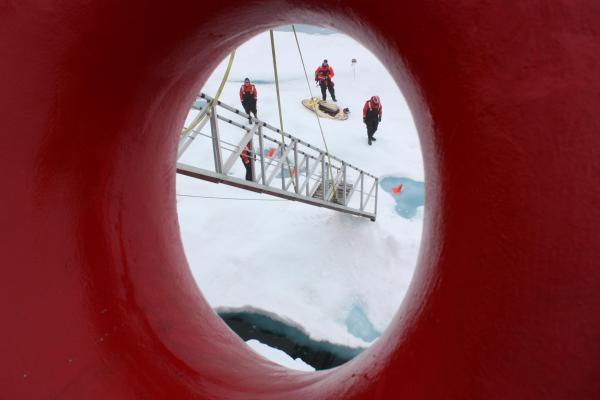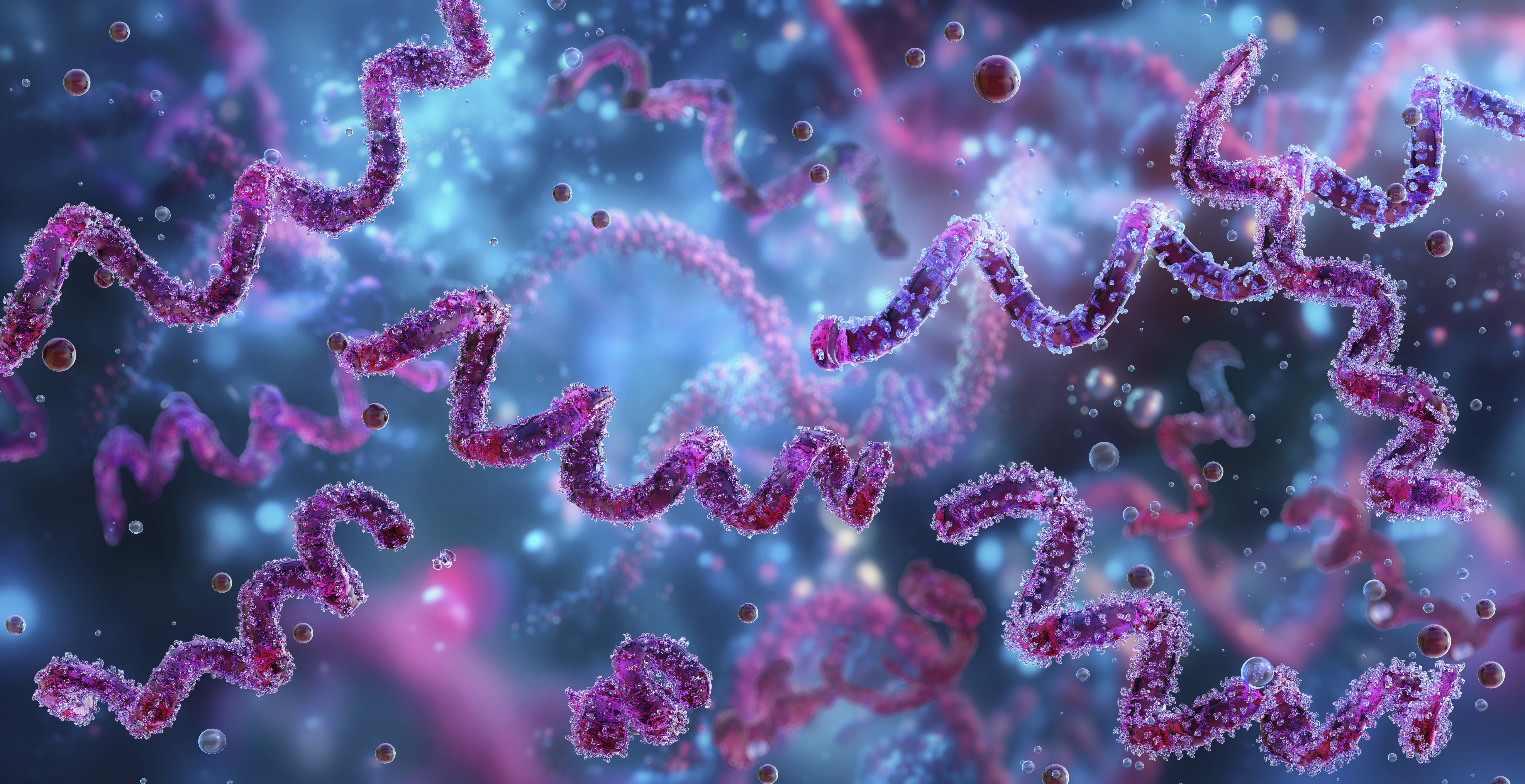
Standing On the Chukchi Sea Ice

Get the world’s most fascinating discoveries delivered straight to your inbox.
You are now subscribed
Your newsletter sign-up was successful
Want to add more newsletters?

Delivered Daily
Daily Newsletter
Sign up for the latest discoveries, groundbreaking research and fascinating breakthroughs that impact you and the wider world direct to your inbox.

Once a week
Life's Little Mysteries
Feed your curiosity with an exclusive mystery every week, solved with science and delivered direct to your inbox before it's seen anywhere else.

Once a week
How It Works
Sign up to our free science & technology newsletter for your weekly fix of fascinating articles, quick quizzes, amazing images, and more

Delivered daily
Space.com Newsletter
Breaking space news, the latest updates on rocket launches, skywatching events and more!

Once a month
Watch This Space
Sign up to our monthly entertainment newsletter to keep up with all our coverage of the latest sci-fi and space movies, tv shows, games and books.

Once a week
Night Sky This Week
Discover this week's must-see night sky events, moon phases, and stunning astrophotos. Sign up for our skywatching newsletter and explore the universe with us!
Join the club
Get full access to premium articles, exclusive features and a growing list of member rewards.
Looking down from the U.S. Coast Guard icebreaker Healy, scientists stand on the sea ice in the Chukchi Sea off the north coast of Alaska on July 4, 2010.
These scientists are part of NASA's ICESCAPE mission officially known as Impacts of Climate change on the Eco-Systems and Chemistry of the Arctic Pacific Environment which is a multi-year NASA shipborne project aimed at studying the effects of climate change around the Earth's northernmost reaches.
During this grueling mission, scientists are seeking clues about the changing Arctic climate and the shifting ice conditions that affect ocean ecosystems. The instruments being hauled onto the ice in the NASA image will measure the physical, chemical and biological characteristics of the Chukchi Sea, which lies between Alaska and Russa, and its ice.
The five-week voyage departed on June 15 from Dutch Harbor, Alaska and continues through the summer. The bulk of the research is taking place in the Beaufort and Chukchi Seas areas that are experiencing dramatic losses in sea ice. (The Beaufort Sea lies to the north of Alaska.)
Researchers will compare observations from the field to NASA's satellite views of the Arctic Ocean to paint a more complete picture of the Arctic climate change, said Paula Bontempi, ocean biology and biogeochemistry program manager at NASA.
Arctic sea ice is shrinking as the world warms (Antarctic sea ice, paradoxically, is actually growing ). In the Arctic, the buildup of greenhouse gases in Earth's atmosphere caused sea ice to melt to its lowest recorded area in 2007 and second lowest in 2008. In a vicious cycle, the melting sea ice which reflects the sun's rays is likely further ramping up Arctic temperatures, which have warmed almost twice as much as the global average, an April 29 study in the journal Nature suggests.
- 8 of the World's Most Endangered Places
- North vs.South Poles: 10 Wild Differences
- World's Oceans Remain Largely Mysterious
Get the world’s most fascinating discoveries delivered straight to your inbox.
 Live Science Plus
Live Science Plus










